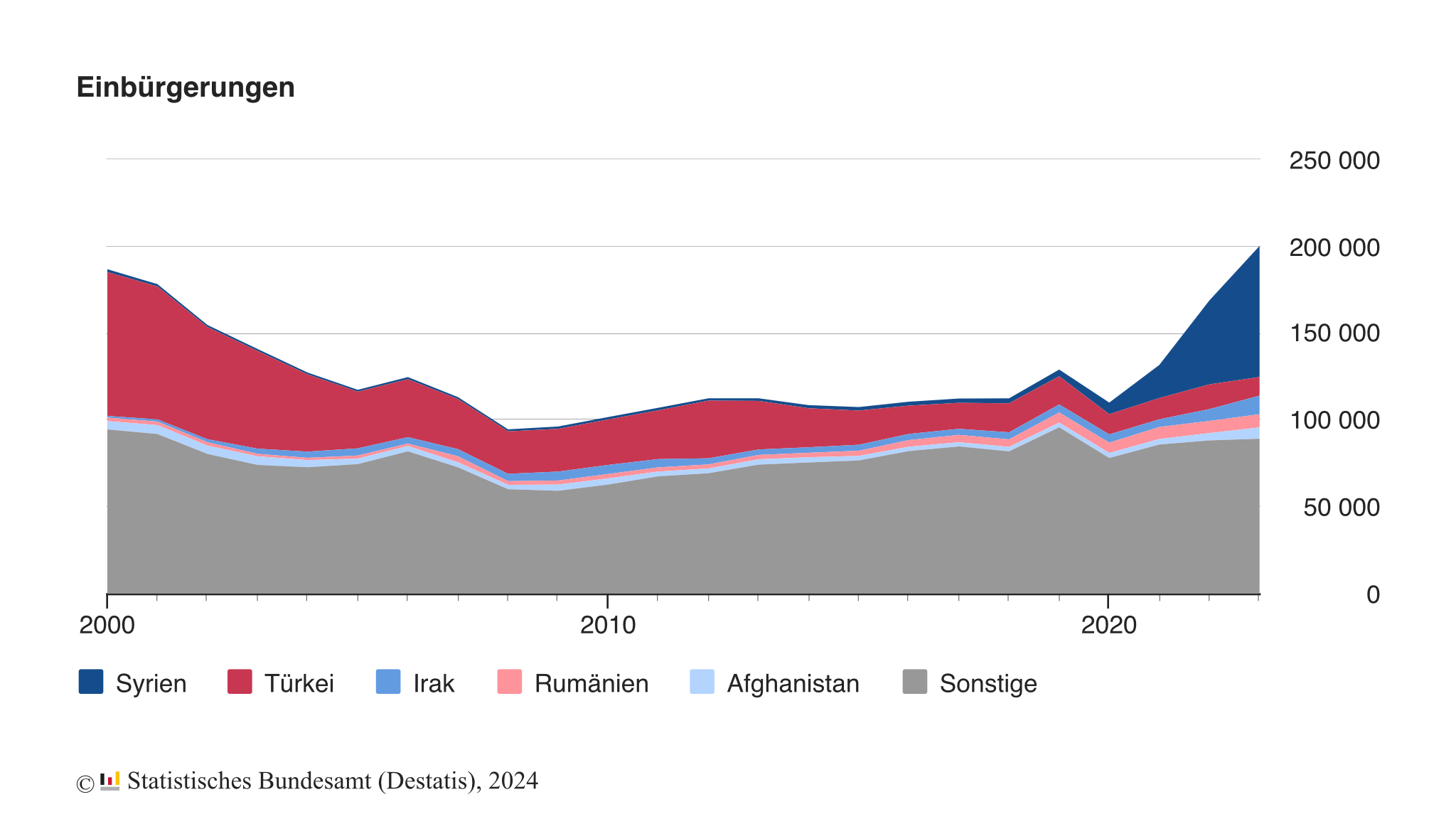
Germany is set for a wave of significant changes in 2025, impacting various aspects of life for residents and visitors alike. Whether you’re a seasoned German local or someone considering a move to this beautiful country, staying informed about these upcoming modifications is crucial. This blog post dives into the details of these changes, providing a comprehensive overview of what to expect in the coming year.
Transportation Cost Adjustments
One of the most notable changes concerns transportation costs. The popular Deutschlandticket, a flat-rate monthly pass for regional and local public transport, is expected to see a price increase from the current €49 to potentially €58 or even higher. However, there’s positive news for students, as the student discount is likely to remain in place, although a slight rise from €29 to €38 per month is anticipated. It’s advisable to assess whether the Deutschlandticket remains cost-effective for you if you’re a frequent traveler, considering alternative options if necessary.
Navigating Tax Reforms
Germany is undergoing a tax reform in 2025, aiming to bolster your net income. The Grundfreibetrag, the tax-free allowance that ensures a basic standard of living, will see a rise from €11,784 in 2024 to €12,084 in 2025. This upward trend is expected to continue in 2026, reaching €12,336. These adjustments aim to mitigate the effects of inflation and ease the tax burden, particularly for low- and middle-income earners.
Minimum Wage on the Rise
The good news for employees continues with the planned increase in the minimum wage. Effective from January 1st, 2025, the minimum wage will climb from €12.41 to €12.82 per hour. Additionally, there’s positive news for those working part-time or in side jobs. The earnings cap for mini-jobs, which are small-scale employment arrangements, will rise from €538 to €556 per month. This means you can earn more as a mini-jobber without entering a higher tax bracket or losing your tax-free status.
Internet Providers Held Accountable
German internet users have a reason to rejoice! The Federal Network Agency (Bundesnetzagentur) is implementing new regulations to ensure fairness and consumer protection regarding internet services. A new website will allow you to test your internet speed and compare it to your service provider’s promised speeds. If your internet speed falls consistently below the contracted speeds, you’re now empowered to demand a reduction in your monthly bill or even terminate your contract without penalty. This move puts the pressure on internet providers to deliver the speeds they advertise.
Instant Bank Transfers: A Boon for Efficiency
The Eurozone is set to embrace instant bank transfers, enabling you to send money to other accounts within seconds, similar to services like PayPal. Currently, these transfers often incur fees ranging from €0.50 to €€1.50 per transaction. By 2025, instant bank transfers in euros will become free, regardless of the banks involved, allowing you to transfer funds conveniently and without extra charges, 24/7.
Healthcare Costs: A Cause for Scrutiny
Healthcare insurance costs in Germany are expected to rise in 2025. The average contribution rate for health insurance companies is projected to jump by 0.8 percentage points, reaching 2.5%. Some companies, like Techniker Krankenkasse (TK), are planning even more substantial increases. This modification applies to both public and private health insurance plans. It’s recommended to review your insurance options in 2025 to ensure you’re receiving the most suitable coverage at the most competitive rate.
Immigration Policy Updates
Germany introduced the Skilled Immigration Act (Fachkräfteeinwanderungsgesetz) to streamline the visa application process for skilled workers from outside the EU. This act caters not only to university graduates but also to individuals with vocational training or specific skillsets. The process of getting your qualifications recognized has been simplified, making it easier to find employment, relocate to Germany, and bring your family with you.
In 2025, this act is undergoing further updates. One significant change involves the salary requirement for the EU Blue Card, a special visa for highly qualified professionals. The minimum annual salary for those applying without pre-approval will increase to €48,300, while those with pre-approval will require a minimum salary of €40,759.
Furthermore, Germany is considering offering a significant tax break to skilled workers, potentially making up to 30% of their income tax-free for the first three years. This incentive aims to attract and retain top talent in the country.
A Note for Readers
These are just some of the major changes expected in Germany in 2025. It’s crucial to stay informed about these developments as they can significantly impact your daily life, finances, and future plans.
Disclaimer: This blog post provides general information and should not be considered legal or financial advice. For specific questions or concerns, it’s essential to consult with relevant professionals such as tax advisors, legal experts, or financial consultants.
About ETAINFI:
ETAINFI can help you navigate these changes and answer your questions about Germany. We provide comprehensive information and resources on various aspects of life in Germany, including immigration, education, and more. Visit our website to learn more about how ETAINFI can assist you on your journey in Germany.


